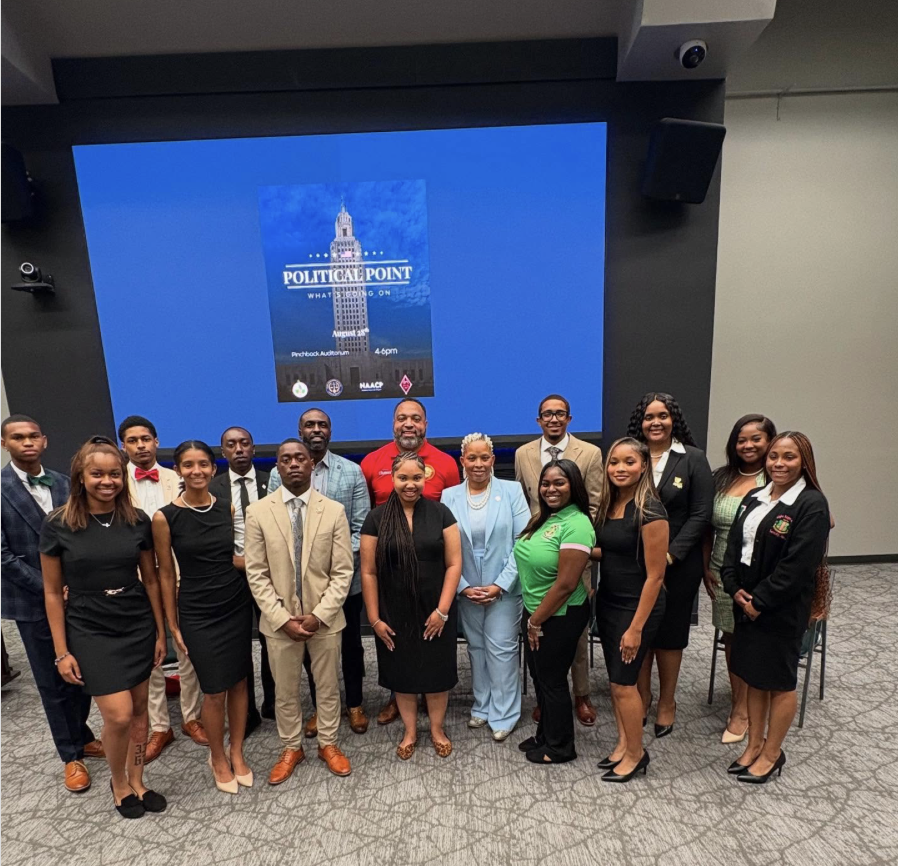According to a recent sexual health study among HBCUs, student knowledge of HIV, STD and pregnancy prevention options does not effect a change in behavior.
The survey was conducted among students at Southern University, Mississippi Valley State, Benedict College and Alabama A&M.
“We don’t have high incidents of HIV on our campus but it’s just the high-risk behavior that our students engage in without condoms,” said Shirley Wade, Director and Nurse Practitioner of SU Student Health Services.
There are ways to prevent high-risk sexual behavior, A student can be abstinent and abstain from any and all sexual activity, be faithful and commit to only one partner, or use a condom every sexual encounter.
Wade said, that according to the study, Southern and other HBCU students have sexual health knowledge but don’t always apply it.
“College students know how to prevent getting infected with an STD or HIV but are not using the knowledge,” said Wade.
HIV is the virus that causes AIDS. If a person infected with HIV does not take effective antiretroviral treatment, over time HIV will weaken their immune system, which will make them much more vulnerable to opportunistic infections.
”I think we should push prevention so that students will be more knowledgeable and responsible about their sexual choices,” said Wade.
HPV is also an STD and it could affect a student. It can put them at risk for cervical cancer and genital warts.
“It’s indicated for young men and young women if you come to the infirmary before their 19th birthdays we can give you the Gardasil for free,” said Wade
GARDASIL is the only human papillomavirus (HPV) vaccine that helps protect against 4 types of HPV. In girls and young women ages 9 to 26, GARDASIL helps protect against 2 types of HPV that cause about 75% of cervical cancer cases, and 2 more types that cause 90% of genital warts cases. In boys and young men ages 9 to 26, GARDASIL helps protect against 90% of genital warts cases.
When a person contracts an STD it can increase their chances of getting HIV.
“When you get an STD that increases your chances of getting HIV and also puts you as risk of becoming sterile. A lot of people treat chlamydia or gonorrhea too casually and it could be a determining factor if an individual will be able to have children,” said Wade.
People living with HIV may feel and look completely well but their immune systems are not.
Categories:
Study shows information, actions do not correlate
May 7, 2012
0
More to Discover





